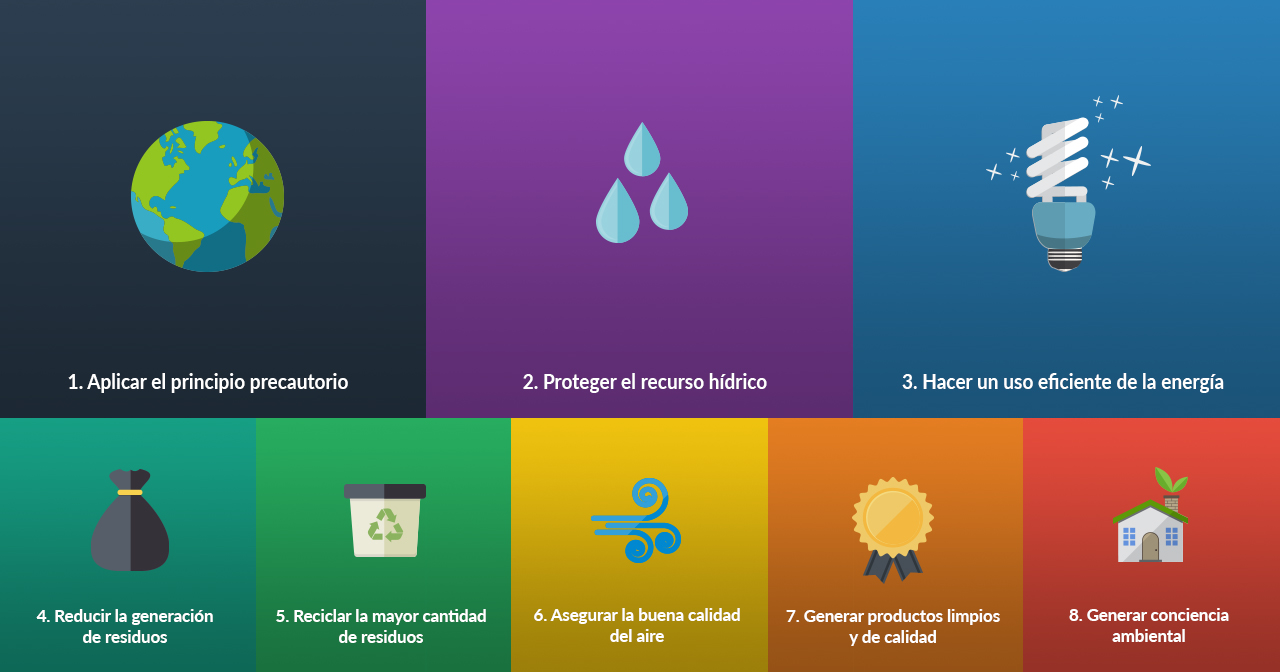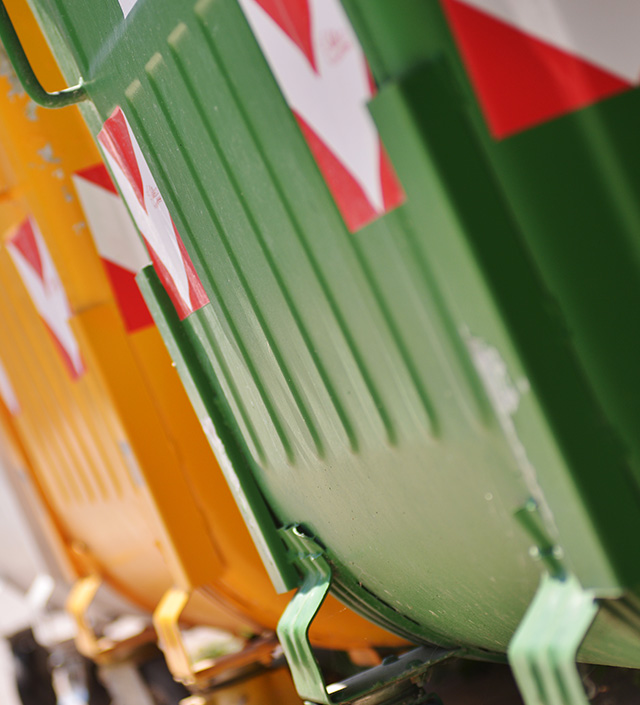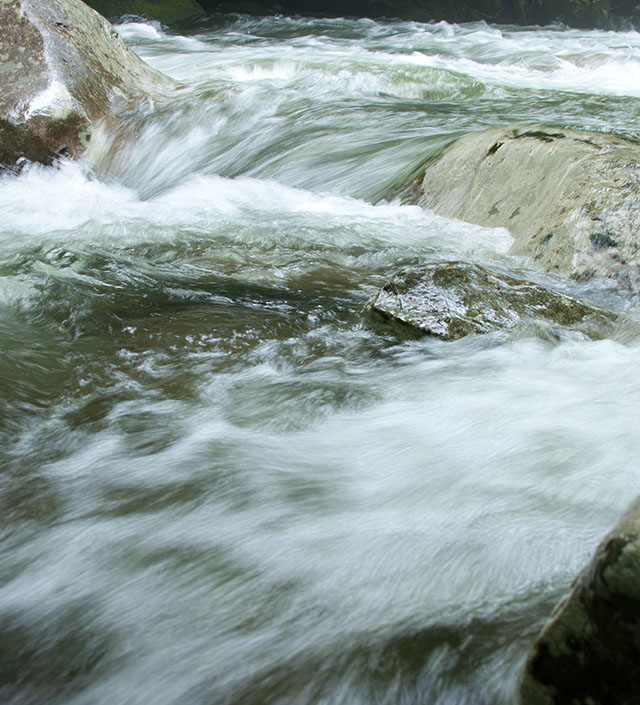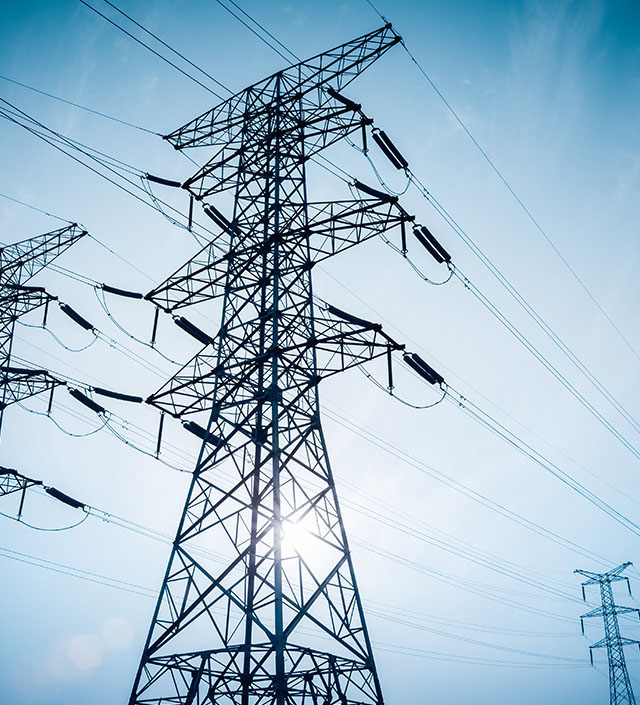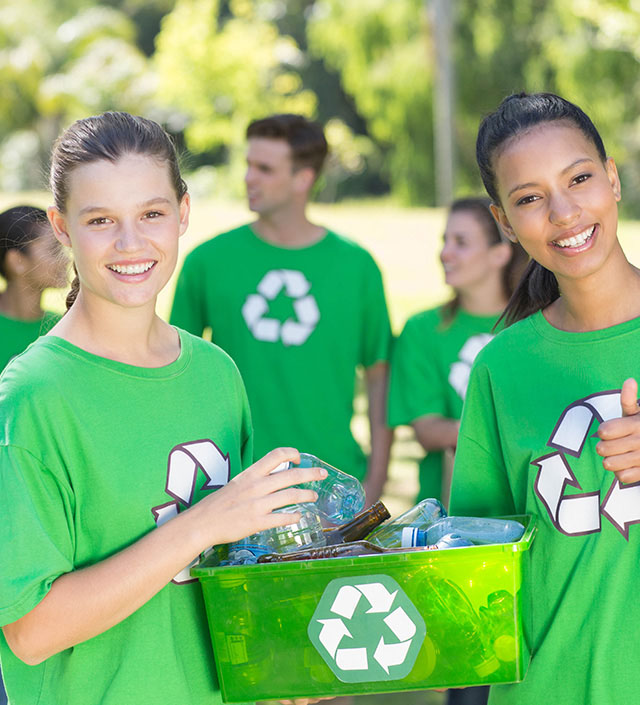Por favor, lea atentamente los presentes Términos de Uso antes de utilizar el sitio.
Cualquier utilización del presente sitio web está sujeta a estos Términos de Uso. Los Términos de Uso pueden ser corregidos, modificados o reemplazados por otros términos y condiciones en cualquier momento sin necesidad de comunicación alguna. La continuidad en el uso del sitio después que se haya realizado cualquier modificación de las presentes condiciones de uso significará la aceptación de la versión actualizada de los nuevos Términos de Uso. Por esta razón, encomendamos revisar estos Términos de Uso cada vez que utilice este sitio web.
1. Servicios
El sitio web de Mastellone Hnos. S.A. contiene información específica requerida por la Resolución General 606/2012 de la Comisión Nacional de Valores, como así también -dependiendo del caso- documentación relacionada para ser descargada.
2. Registración. Contraseña
El titular se reserva el derecho de solicitar la registración del usuario para páginas que previamente fueron de libre acceso y, en tal caso, está facultada, en cualquier momento y sin expresión de causa, a denegar al usuario el acceso al área protegida por contraseñas, en particular si el usuario:
- (i) Proporciona datos incorrectos con el fin de registrarse,
- (ii) Incumple estos Términos de Uso,
- (iii) Incumple cualquier normativa aplicable respecto del acceso o el uso del presente sitio web.
3. Uso de la información y documentación disponible en el sitio
El uso de cualquier información y/o documentación disponible en el sitio está sujeto a estos Términos de Uso. Los términos de licencias acordadas por separado tienen prioridad sobre estos Términos de Uso. La Información y la documentación en ningún momento podrán ser distribuidas por el usuario a cualquier tercero ni ser alquilados, licenciados o puestos a disposición de terceros de cualquier otra manera. El usuario no modificará ni desmontará la documentación y/o información disponible en el presente sitio. La información y la documentación están protegidos por las leyes y tratados que protegen los Derechos de Autor y otras convenciones relativas a la Propiedad Intelectual, Información confidencial y legislación concordante. El usuario observará dicha normativa y, en particular, no modificará, ocultará ni removerá de la información, la documentación o sus copias, marcas o avisos de copyright.
4. Derechos de Autor y Propiedad Industrial
Los materiales provistos en este sitio, incluyendo todo el contenido, información, fotografías, ilustraciones, gráficos, nombres y logos, son de propiedad de MASTELLONE HNOS. S.A., las empresas de su grupo y/o sus licenciantes y están protegidos por Derechos de Autor, la legislación marcaria y otros derechos de propiedad industrial. Los materiales son únicamente para uso personal y no comercial. Los contenidos del sitio web descriptos arriba no pueden ser cambiados, copiados, reproducidos, vendidos, alquilados, licenciados, usados, ampliados o utilizados de cualquier forma sin el previo consentimiento escrito del titular de los derechos. Nada de lo expuesto en los presentes Términos de Uso será considerado como la concesión, tácita o de otra manera, de ninguna licencia o derecho a usar ninguna patente, marca o ningún otro derecho de propiedad industrial de MASTELLONE HNOS. S.A., empresas de su grupo y/o sus licenciantes. Tampoco el presente concede ninguna licencia o derecho a usar cualquiera de los Derechos de Autor u otros derechos relativos a los materiales mencionados arriba. La denominación y el diseño de la marca LA SERENÍSIMA, otras marcas de productos, ilustraciones y logos identifican los productos de MASTELLONE HNOS. S.A. y son propiedad de MASTELLONE HNOS. S.A., empresas de su grupo y/o sus licenciantes.
5. Deberes del usuario
Al acceder o utilizar el Sitio el usuario se obliga a no:
- (i) dañar otras personas, en particular menores, o infringir sus derechos individuales;
- (ii) infringir cualquier derecho de propiedad intelectual o de algún otro tipo;
- (iii) introducir cualquier contenido que contenga un virus, los denominados troyanos, o cualquier otro programa que puede dañar datos;
- (iv) transmitir, almacenar o descargar cualquier link o contenido al cual el usuario no esté facultado, en particular, en casos donde los mencionados links o contenidos estén incumpliendo con obligaciones de confidencialidad o sean ilícitos;
- (v) distribuir publicidad o correos electrónicos no requeridos (denominado "spam") o advertencias imprecisas sobre virus, defectos o circunstancias similares;
- (vi) violar el órden público en la manera de uso del sitio.
En cualquier momento, el titular puede denegar el acceso al sitio cuando los Términos de Uso sean violados, en particular, si el usuario está incumpliendo con sus deberes (ver arriba).
6. Deberes y obligaciones del titular del sitio (virus/protección de la privacidad de los datos)
Aunque el titular hace todos los esfuerzos para mantener su sitio web libre de virus, no puede asegurar en forma alguna que el mismo esté libre de virus. El usuario, para su propia protección, tomará todos los pasos necesarios para asegurar las medidas apropiadas de seguridad y utilizará un scanner de virus antes de bajar cualquier información, software o documentación. Por recolectar, utilizar y procesar datos personales de usuarios, el titular cumple con las regulaciones aplicables respecto de la protección de la privacidad de los datos y cuenta con una Política de Privacidad de Datos Personales, disponible en el sitio bajo el nombre de "Política de Privacidad de Daros Personales de Mastellone Hnos. S. A.".
7. Links externos.
Este sitio puede contener Links a otros sitios web u otras fuentes de información de Internet. Estos Links son provistos al solo beneficio del usuario y el hecho de facilitar el acceso no será entendido como aval, sponsoreo o recomendación del titular. El titular no tendrá responsabilidad alguna por cualquier contenido, servicios o productos disponibles a través de fuentes de terceros. El titular no controla la información de dichas páginas web. El uso de estos sitios será a riesgo exclusivo del usuario.
8. Exención de responsabilidad
El sitio y el contenido disponible a través del mismo son provistos en el estado en que se encuentran y en la forma en que son provistos ("as is" and "as available"). Ud. expresamente reconoce que el uso del sitio y/o su contenido son a su solo riesgo y reconoce y acepta que será el único responsable por cualquier daño a su empresa, sus bienes, sistema de computación o pérdida de datos que deriven de bajar esos contenidos y/o datos. Excepto que de otra manera se acuerde por escrito el titular no asume responsabilidad y no otorga ningún tipo de garantía sobre la precisión, actualidad, integridad, confiabilidad o utilidad de cualquier idea, opinión, declaración, cualquier otro contenido o cualquier producto o servicio distribuido o puesto a disposición por socios comerciales u otros terceros a través del sitio. El titular no otorga ninguna garantía de que el sitio o su contenido cumplan con vuestros requerimientos, o que el sitio o su contenido va a ser ininterrumpido, oportuno, seguro, libre de errores o que, existiendo algún defecto, será corregido. El titular tampoco otorga garantía alguna respecto del resultado que puede obtenerse de usar el sitio o su contenido, o sobre la precisión, integridad o confiabilidad de cualquier información obtenida a través del uso del sitio. El titular no asume responsabilidad alguna por cualquier daño sufrido por un usuario, incluyendo, sin limitación, la pérdida de datos por retrasos o falta de entrega de contenidos, errores de e-mails, bloqueo de sistemas, apagado de redes o sistemas, modificación de archivos o interrupciones de servicios causados por negligencia del titular o cuando se deban a errores propios u omisiones del usuario. El titular no asegura que la garantía de confidencialidad de la información transmitida a través del sitio será mantenida en el futuro.
9. Acuerdos Complementarios, Jurisdicción y Derecho Aplicable
Cualquier acuerdo complementario requiere que se realice en forma escrita. El usuario acuerda someterse por cualquier divergencia respecto del uso del sitio y/o sus contenidos a los Tribunales Ordinarios de la Capital Federal. 10. Consultas/Contáctenos Si Ud. tiene alguna consulta sobre estos Términos de Uso del sitio o respecto del manejo del mismo, por favor contáctese EMHSA@mastellone.com.ar


